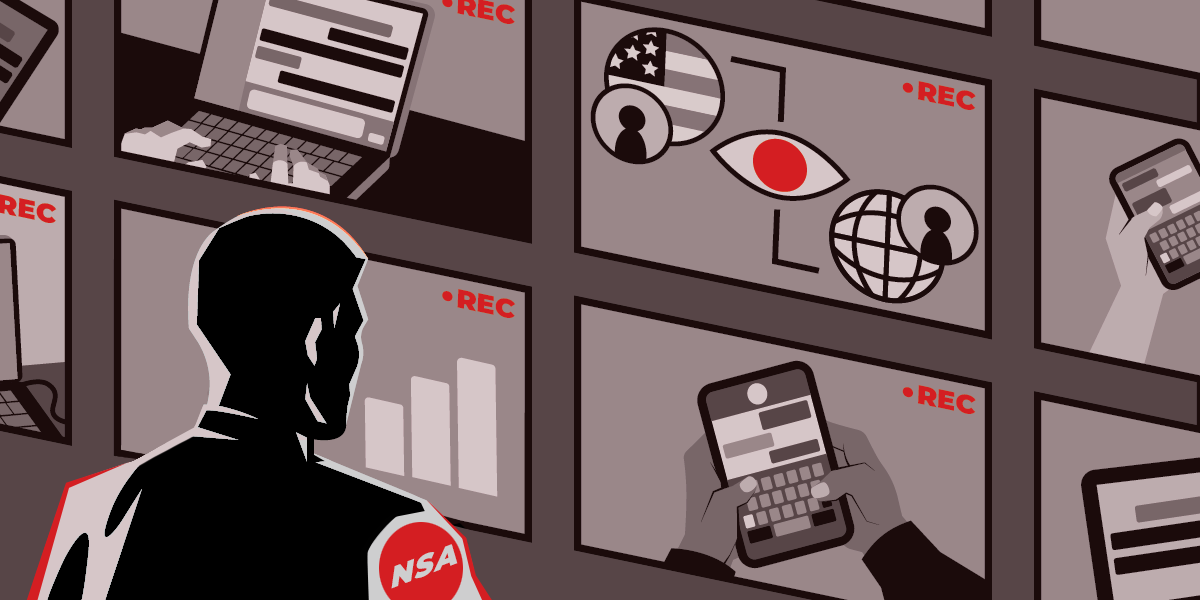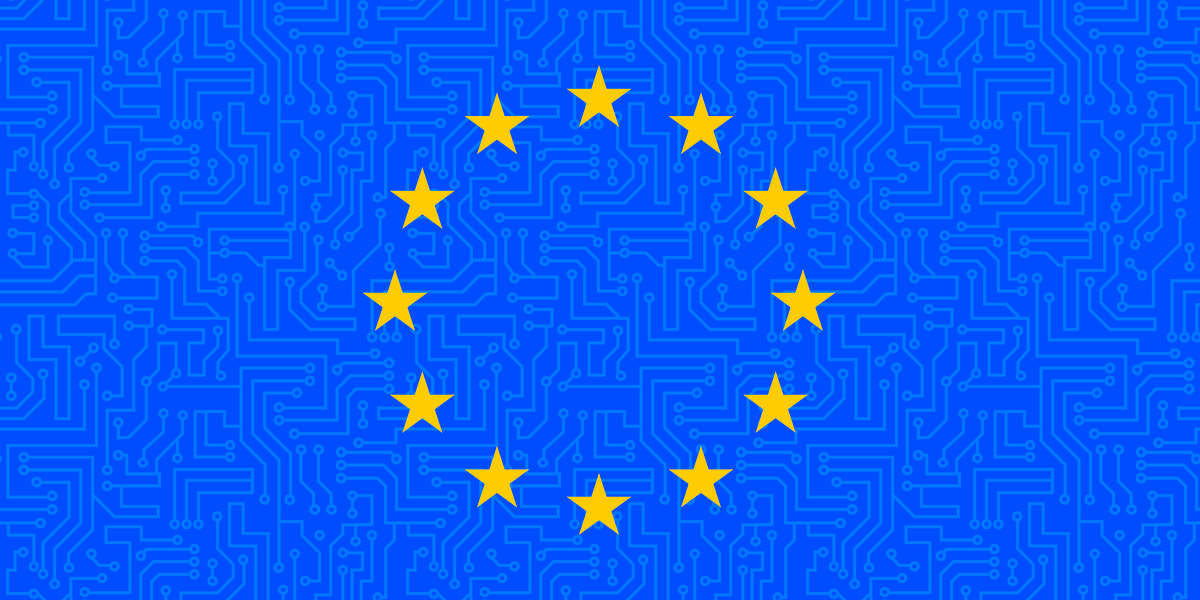EFF to Ninth Circuit: Activists’ Personal Information Unconstitutionally Collected by DHS Must Be Expunged
EFF filed an amicus brief in the U.S. Court of Appeals for the Ninth Circuit in a case that has serious implications for people’s First Amendment rights to engage in cross-border journalism and advocacy. In 2019, the local San Diego affiliate for NBC News broke a shocking story: components of the federal government were conducting […]
Continue Reading








